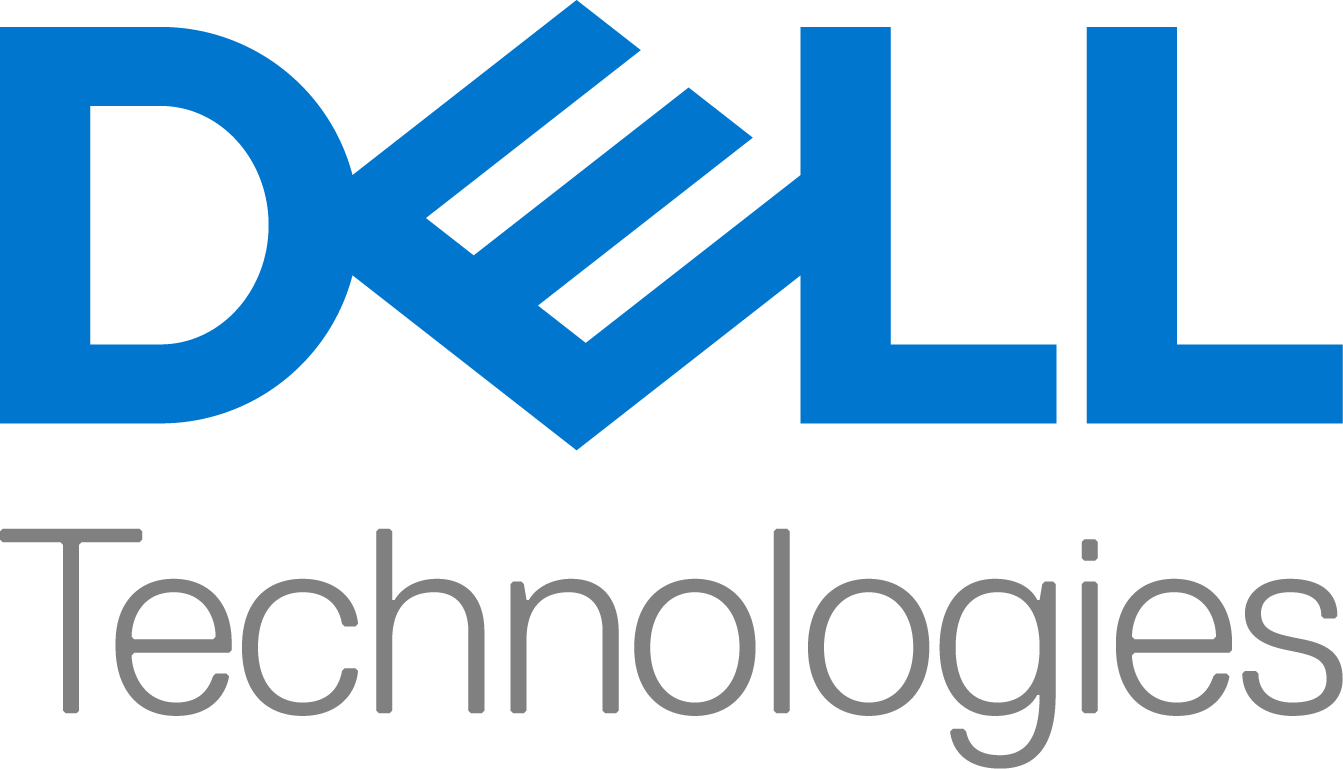

This content was written by Dell Technologies
If you are just starting out on your small business journey, or looking to scale up your operations at speed, there’s an obvious place to focus your attention and investment – and that’s IT.
According to the Enterprise Research Centre’s State of Small Business Britain 2021 report, where digitalisation can be implemented effectively it has the potential to drive radical changes in productivity and business models – even where these are well established.
But not every aspiring entrepreneur can be a technology wizard too. And for most, employing a dedicated IT resource from the outset is something they can only dream of.
So here are the top seven questions to consider when you are establishing a tech set-up to meet your needs now, and to support its success and growth in the future.
1. Support: Where can I go for IT help?
Lack of personal or in-house IT skills should not impede your business’s growth. If choosing and buying technology fills you with dread, and you do not have an IT guru to turn to, finding dedicated advice tailored to your individual business needs is in reach. Joining the Dell for Start Ups community will give you access to a dedicated adviser who understands the unique challenges your start up faces and can support and guide you on every step of the journey. As a member of the Dell for Start Ups community, you will also benefit from exclusive pricing on the best technology to deliver more powerful performance, flexibility, security and peace of mind.
2. Set up: Which devices?
Whether you opt for desktop, laptop, tablet – or a combination of fixed and mobile devices – will depend on what your working day (and that of any employees) looks like. A laptop will give greater flexibility for working on the go and in multiple locations. But if you are mainly working from home, a desktop can help establish a work/life boundary. And with the hybrid working model here to stay, as Forbes highlighted in two recent 2022 reports, you will likely find that remote workers have less stress, more focus and are more productive than when based in an office. It’s no secret that users get more done when they are happy with their computers. That’s why it’s important to give them technology that works with them.
3. Specification: How much should I spend?
Buying entry-level devices can be a false economy if you find their slower processors, limited memory and smaller storage capacities stunt your own business’s growth ambitions. Do your research and consider the latest application trends – such as AI and cloud-based software solutions – that could boost your business performance and invest in a set up to support these. And take advantage of Dell for Start Ups exclusive member pricing.
4. Speed: Is faster always better?
A faster processor speed will most likely result in increased productivity and efficiency for your business – especially if your work involves multitasking different applications at the same time. Purchasing as much processing power as your budget allows will enable applications to run faster and smoother.
5. Security: Can I safeguard my system against cyber-attacks?
Start-up businesses can be easy targets for cybercriminals if their security measures are not fully in place. To avoid putting your company’s future at risk from the outset only use trusted software and ensure all IT equipment is kept up to date.
6. Server: Do I need to invest in a dedicated server?
To keep your business running without disruption, a server is a major step toward accelerating your digital transformation. Freeing up storage on individual computers and seamlessly keeping your IT infrastructure up to date.
7. Scalability: What if my business grows quickly?
Dell Technologies offers the best technology solutions for rapid business growth – even as more people work from anywhere. Scaling up your business is simple with built-in features that give small businesses remote manageability over the cloud and outside the firewall across Dell’s Commercial Client portfolio. That includes Latitude and OptiPlex 5000 series, Precision 3000 and 5000 mobile workstations, and XPS.


